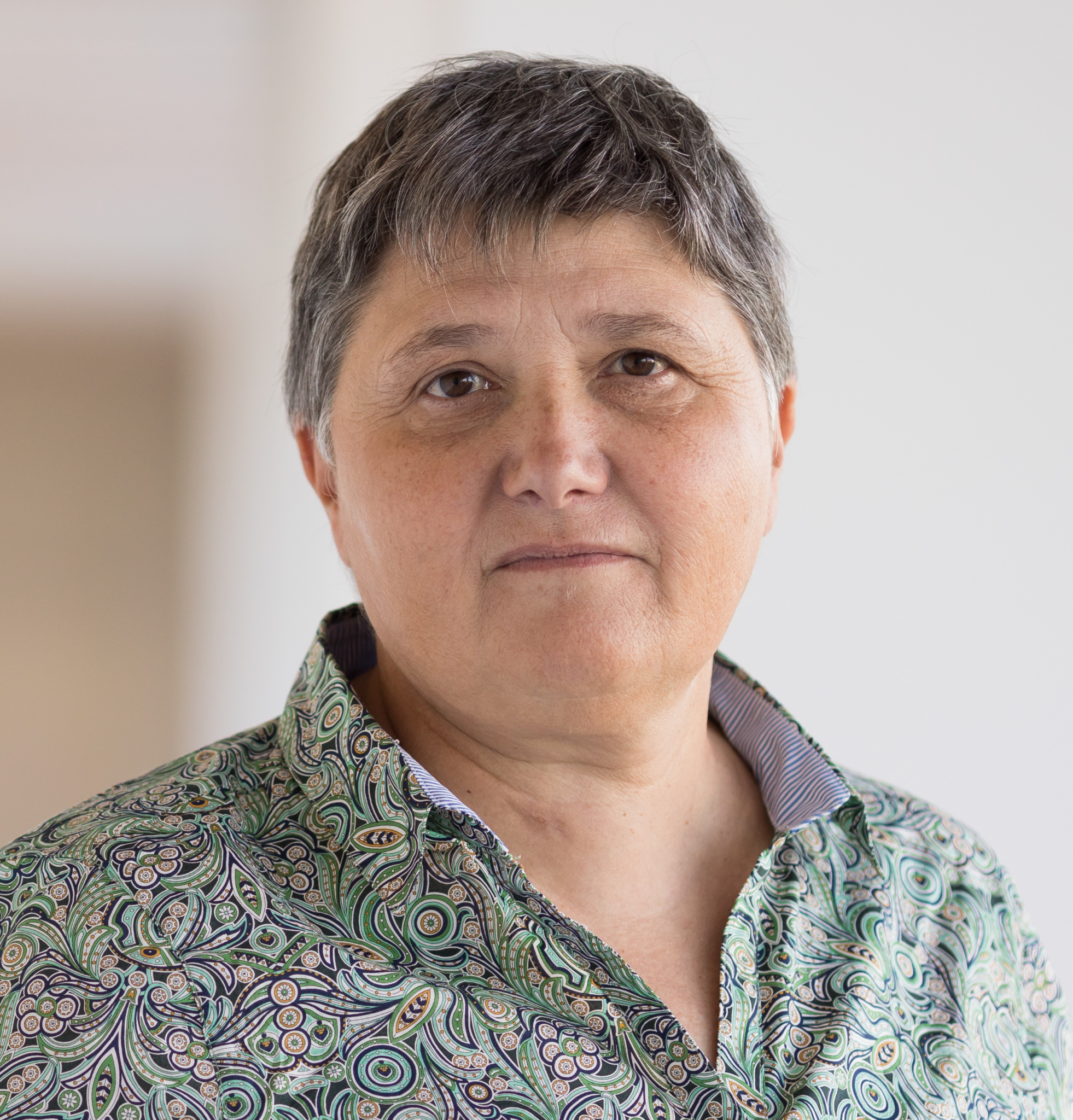MARÍA JOSÉ SANZ
Member of IHCantabria’s Scientific Advisory Board
Scientific Director, Basque Centre for Climate Change – BC3 (Spain)
Biography
Dr. Sanz is a Plant Eco-physiologist who has worked in air pollution, climate change, carbon and nitrogen cycles related issues for over twenty-five years. She has divided her time between research and research-policy interface work at national and international level. On the academic side he has published widely in the areas of air pollution dynamics and impacts in terrestrial ecosystems, mitigation of climate change, environmental and climate change policy, GHGs estimations and accounting in the LULUCF sector, REDD+, and published over 150 scientific papers and it is recognized as a key expert in land use and climate change issues.
She has held research oriented positions in the University of Valencia, Arizona State University, Mediterranean Center for Environmental Studies (CEAM). And since 2007, oriented her work more to policy related issues as a Senior Officer at the secretariat of the UNFCCC supporting climate change negotiations from Bali to Durban and at FAO as Program Coordinator of the UNREDD Programme. She was appointed the Executive Director for the Basque Centre for Climate Change in January 2016.
She was a lead author in volume III of the 4th IPCC Assessment Reports on Climate Change, and all of the IPCC GHGs Inventory Guidelines since 2003. IPCC was awarded the Nobel Peace Prize in 2007. More recently, she was review editor of the IPCC SR CCL and coordinating lead author of the AFOLU volume of the 2019 Refinement of the IPCC 2006 Guidelines for GHG Inventories.
Dr. Sanz has worked extensively on climate change and environment issues, she has also been an advisor to and collaborated with many national and international organizations (Green Climate Fund, World Bank, UNDP, UNEP, Meridian Institute, the European Commission and the governments of Spain, and several of its regional governments, Japan, US, and several developing country governments). At FAO she worked closely with more than 35 governments in Asia, Africa and Latin America.


